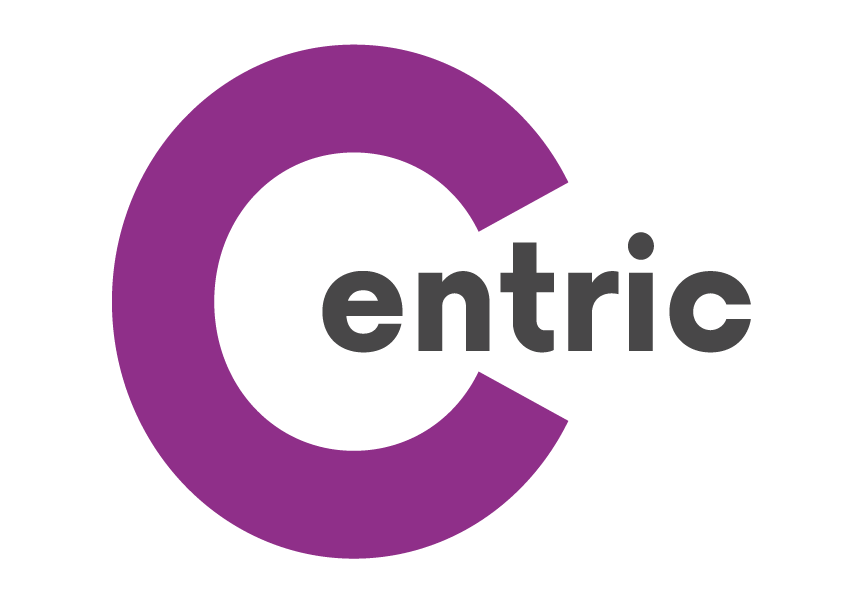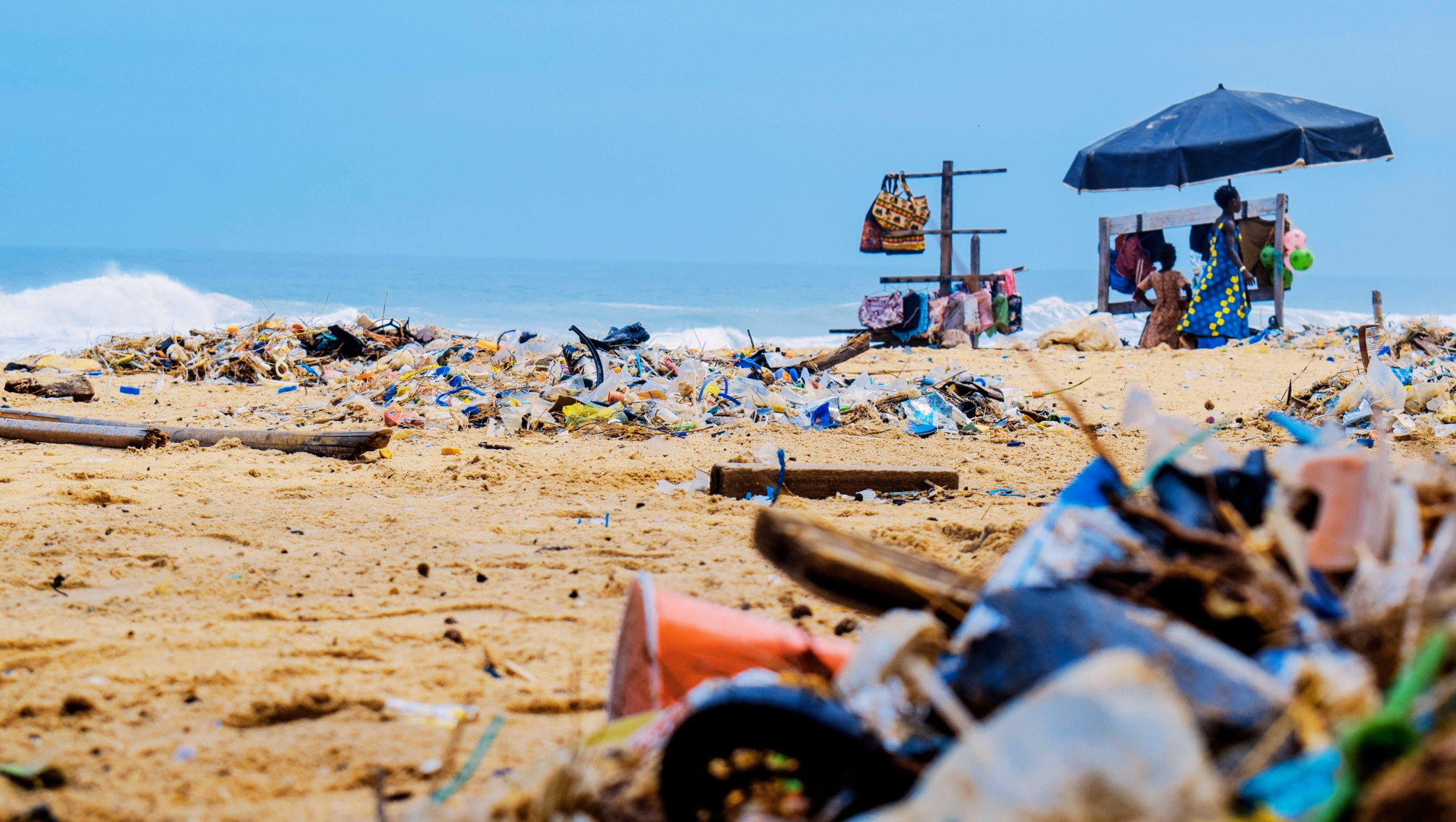The country's rapid urbanisation and population growth have led to an increase in plastic consumption, resulting in a surprisingly great amount of plastic waste. Unfortunately, Ghana's waste management infrastructure is inadequate, leading to plastic waste ending up in landfills, waterbodies, drains, and the streets. This not only harms the environment but also poses significant health risks to humans.
Ghana is struggling to manage its plastic waste. According to World Bank, 2020, the country generates an estimated 3.2 million tons of plastic waste annually, with only about 2% being recycled. This means that a staggering 98% of plastic waste ends up in landfills, waterways, and the environment, posing significant risks to human health and the environment. In Accra, Ghana's capital city, plastic waste is estimated to account for over 30% of the total waste generated, with plastic bags, water sachets, and bottles being the most common items; according to the Accra Metropolitan Assembly, 2019.
The plastic waste problem in Ghana is further compounded by inadequate waste management infrastructure, lack of regulations, and limited public awareness. As a result, plastic waste has become a common and familiar sight in Ghana's cities and towns, with plastic litter lining the streets, clogging drains, and polluting waterways. The situation also poses serious health risks, as plastic waste attracts mosquitoes and other disease-carrying vectors. Moreover, the burning of plastic waste, a common practice in Ghana, releases toxic fumes that can cause respiratory problems and other health issues.
CenGiving: An Initiative to Combat Plastic Waste
CenGiving, an initiative to help eradicate plastic wastes and fund ethical community projects, aims to reduce plastic waste in Ghana by promoting recycling, education, and community engagement. CenGiving seeks to create a culture of sustainability and environmental consciousness among Ghanaians, particularly the youth. By doing so, this initiative hopes to mitigate the harmful effects of plastic waste on the environment and public health.
Through activities such as the street education program, residential and beach cleaning, CenGiving is making a significant impact. In Ghana, the beaches are sites where littering is a major problem, being used as dumping grounds for rubbish and old clothing. CenGiving is still collecting tons of plastic waste at these sites which would have ended up in landfills or back to the environment. Additionally, CenGiving is engaging with local communities, educating them on the importance of proper waste management and the benefits of recycling.
CenGiving's education and awareness campaigns have also inspired a new generation of environmentalists and sustainability advocates. The need to address Ghana's plastic waste problem is urgent, and it requires a collective effort from government, civil society, and individuals to find sustainable solutions. As an individual, you can make a difference by supporting CenGiving and promoting sustainability in your daily life by reducing your plastic consumption, practicing minor recycling methods, and properly disposing of plastic waste. Together, we can create a cleaner, healthier, and more sustainable Ghana for future generations.




